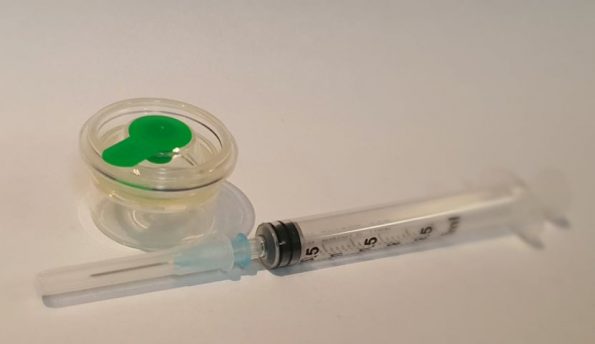
Our modern blood testing machinery at the Gisborne Veterinary Clinic is now running in-house progesterone testing in bitches. These tests will allow treating veterinarians to predict the optimal time for breeding, making it a more convenient option for breeding canines and their owners.
The in-house test itself can provide results in less than 20 minutes, with a small blood sample collected from our patient. The sample is run through the machine, analyzed and provides us with the findings to confirm ovulation.
This testing allows a fast turnaround time at a low cost, and will also give the bitch a greater success of becoming pregnant.
The oestrus cycle in canines consists of 4 stages- proestrus, oestrus, diestrus and anoestrus, each to be lasting different lengths of time
During these 4 stages, the bitch may exhibit different changes including behavioural changes, physical or clinical changes (e.g. swelling of the vulva and discharge), and hormonal changes.
The proestrus stage is one that is recognizable to most owners by the swelling of the vulva and vulval discharge. At this stage, the bitch will not be receptive to the male and breeding will not occur.
This is followed by oestrus where the female will be receptive to the male and mating will occur, often identified by behavior exhibited by the bitch. The progesterone levels will be most adequate at this point of her cycle.
Diestrus is the next segment of the cycle where the bitch will again be unreceptive to the male. The progesterone levels will peak then drop again whether she is pregnant or not.
Anestrus is the phase where the dog is not “on heat” and will not breed until the cycle starts again with the proestrus. The length of time of an anestrus cycle can vary between small breeds and larger breeds but will often last from 4-6 months.
If you are considering breeding your dogs for the first time, we recommend a full health check up by your treating veterinarian.


